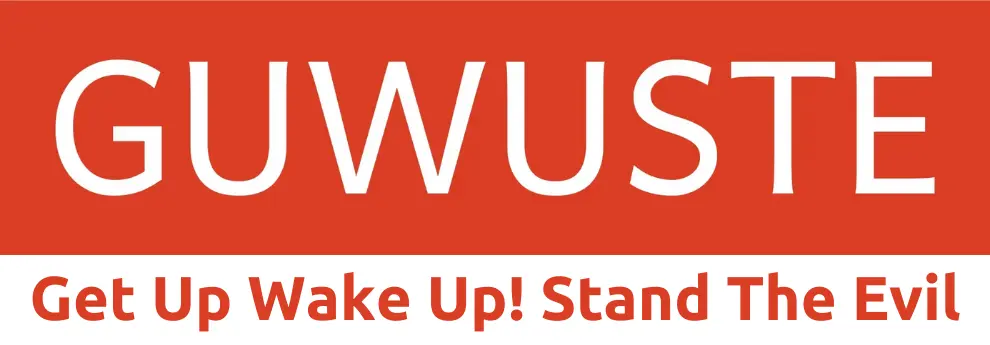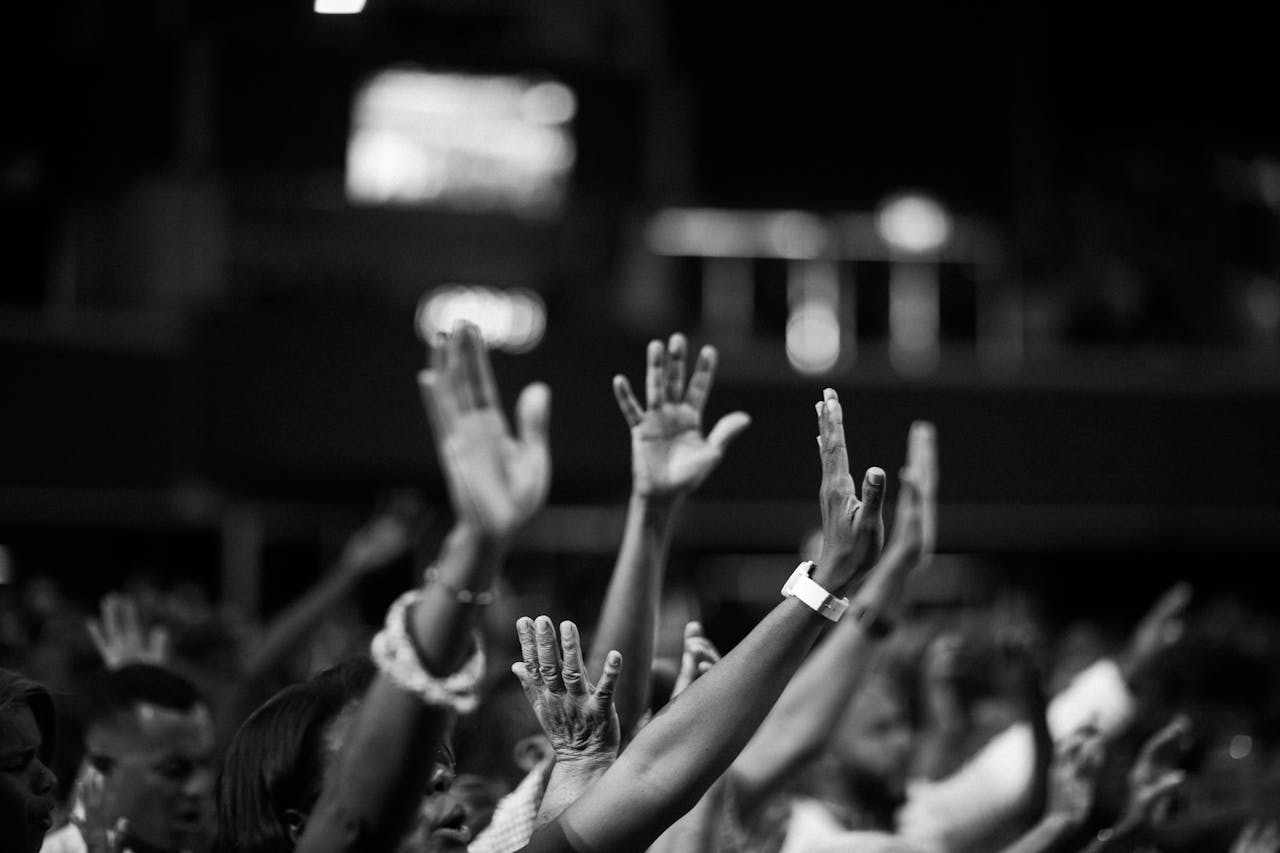In the Shadow of the Apocalypse: Why Does Humanity’s Fear Never End?
17 Jul 2025
- Share:

The Fear, Control, and Secret Plans of the Antichrist Over Humanity in the Shadow of the Apocalypse
For centuries, humanity has wanted to believe that the end of the world is near. This belief is not just mystical fear; it has also become a powerful tool of control. Fear is the oldest and most effective weapon of social engineering. People fear the unknown and are easily manipulated. In a world ruled by fear, authoritarian structures promising “security” rise. But what lies behind the fear? Is the apocalypse really at our doorstep, or is it just a game?
Traces of Apocalypse Narratives from History to Today
Since ancient times, apocalyptic prophecies have shaken societies, sometimes causing panic, sometimes hope. However, history shows that the apocalypse has not occurred. Still, these narratives reflect human helplessness in the face of the unknown and the search for meaning, often serving those who hold control through fear. Because fear forces people to obey; it compels submission to authoritarian structures promising “security.”
The Modern Apocalypse: From Nuclear Threat to Climate Crisis
From the mid-20th century, apocalypse scenarios became concrete. The atomic bomb revealed the reality that humanity could destroy itself. Later, new threats emerged such as the climate crisis, biological weapons, pandemics, and artificial intelligence. The so-called global climate crisis showed that fear is a political and social flashpoint. The planned Covid-19 pandemic proved how real and close vaccine-based biological threats are. These developments moved apocalypse narratives from purely religious phenomena to the center of global politics and technological advances.
Tech Giants and the New Architects of the Apocalypse
Tech giants have become the most influential actors in modern apocalypse narratives. Figures like Elon Musk, Mark Zuckerberg, and Peter Thiel gain power through fears while developing technologies in AI and biotechnology. While defining AI as a great danger to humanity, they simultaneously advance the technology. Others present social media as a “platform for freedom of expression” while increasing social control through digital surveillance.
In the modern world, planned fear gives rise to demands for a “one world government” security and paves the way for the rise of authoritarian regimes. The fact that tech giants develop autonomous weapon systems shows how manipulative and self-serving modern apocalypse narratives are, building the infrastructure for control through fear.
Social and Psychological Functions of Apocalypse Narratives
Apocalypse scenarios serve as social mechanisms that define social order and increase solidarity in crises. People concretize their fears and reflect existential anxieties through narratives, gaining a misleading sense of security by feeling they can predict the future. However, complex problems are simplified with an “all or nothing” logic, and authoritarian solutions are imposed; fear manipulation increases social control. Symbols like the Antichrist hide the complexity of real manipulation, while themes of “chosen ones” and “salvation” deepen social polarization and legitimize fear-based politics.
Current Political and Social Reflections
Global and regional developments reveal how apocalypse narratives transform into political tools. Measures taken in areas like climate crisis, pandemic management, and AI regulations often limit individual freedoms under the pretext of “security,” weakening democratic values and allowing secret plans to shape behind the scenes.
Secret Plans and Social Awareness
Global powers develop strategies to increase social control by using apocalypse fear within the framework of the Great Reset plans. These strategies are spread to wide audiences with technological advances and media support. At this point, gaining awareness and questioning is critically important. Passive attitudes serve the deepening of fear and control mechanisms, while conscious individuals form the most effective defense against manipulation.
Beyond Fear: Freedom and Solidarity
While apocalypse narratives feed humanity’s fundamental fears and have become political and social weapons today, we do not have to be prisoners of fear. Through critical thinking, social solidarity, and conscious awareness, we can overcome manipulations. Acting guided by our mind and freedom not only prevents disasters but also protects our humanity and fundamental rights. Collective struggle for freedom is the key to overcoming pessimism and shaping the future.






